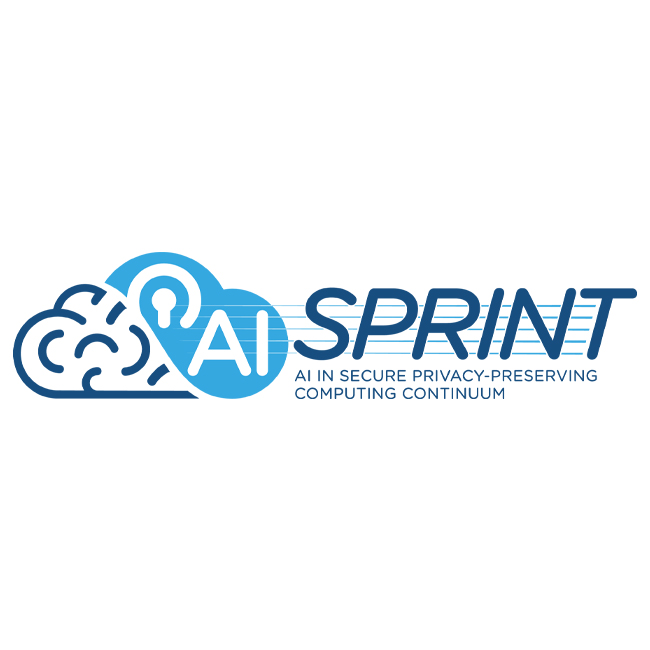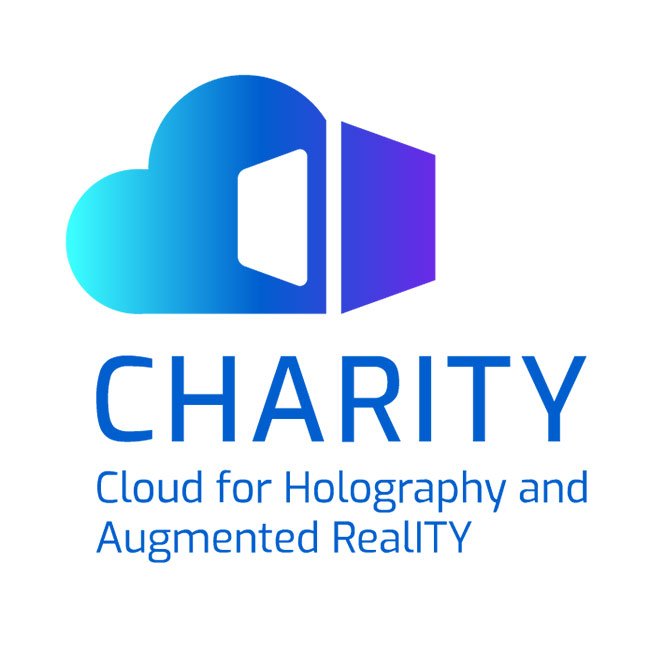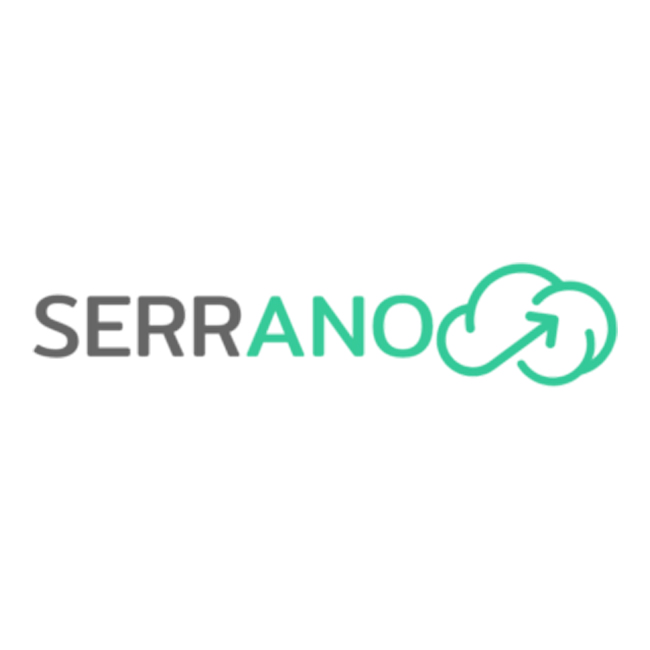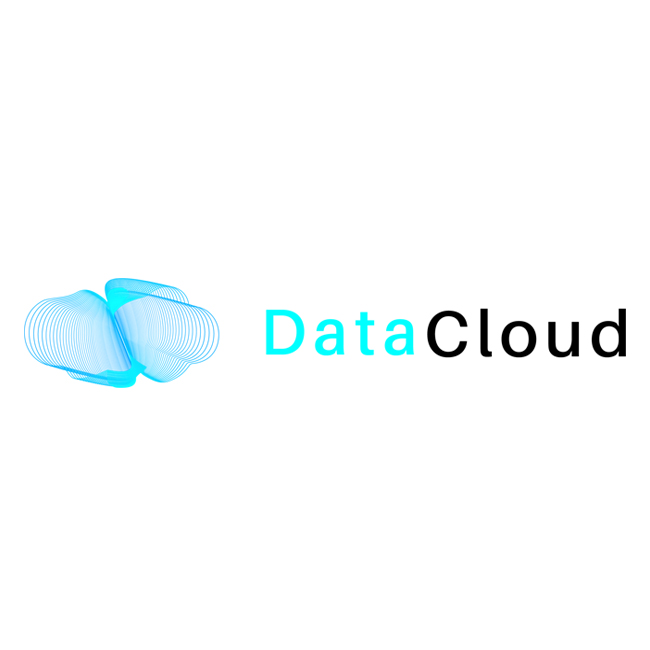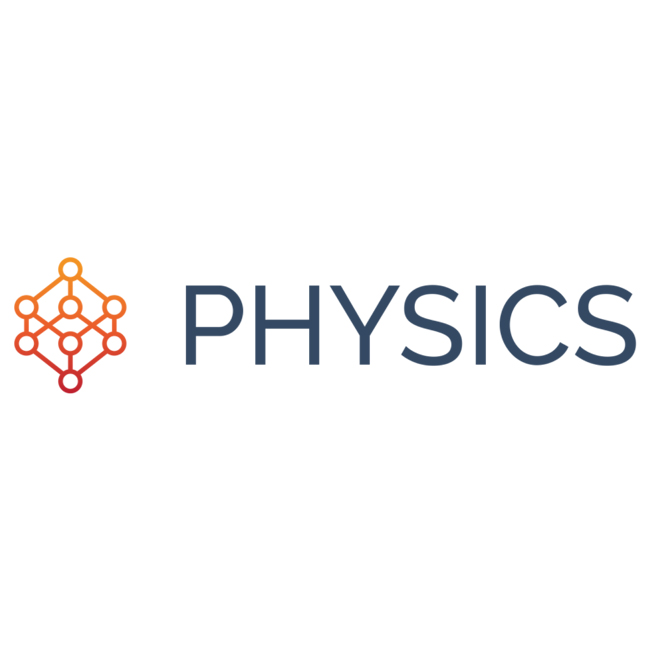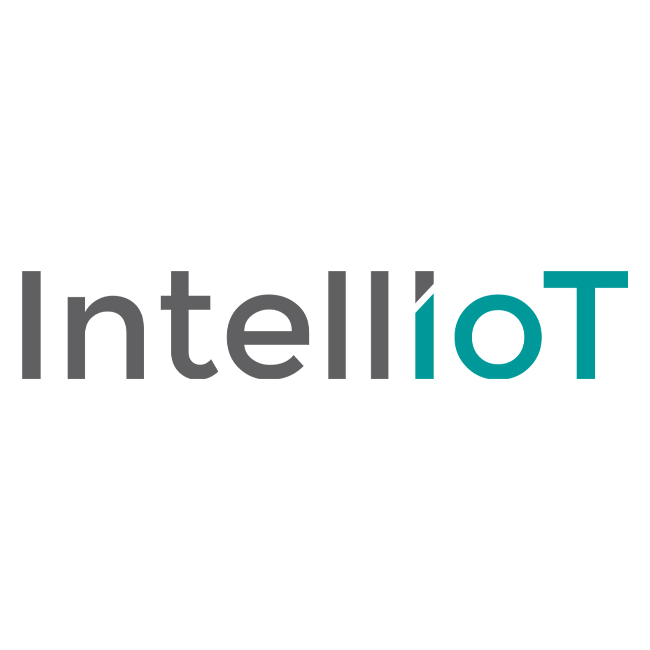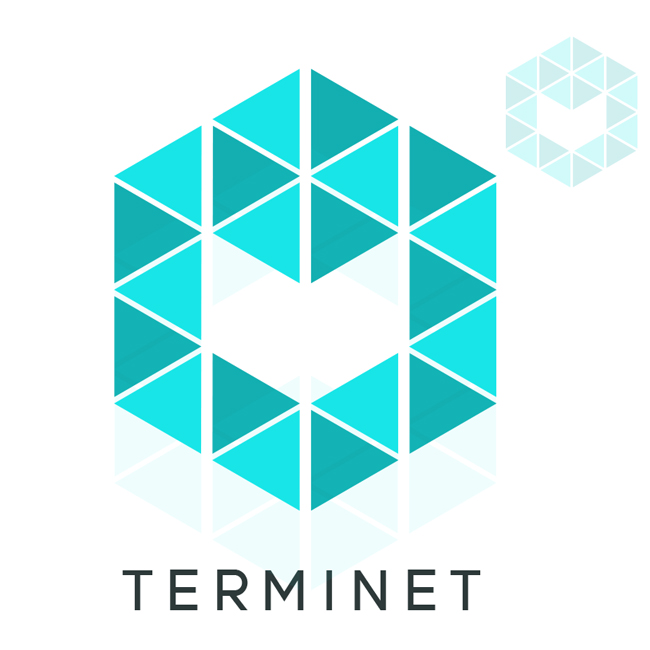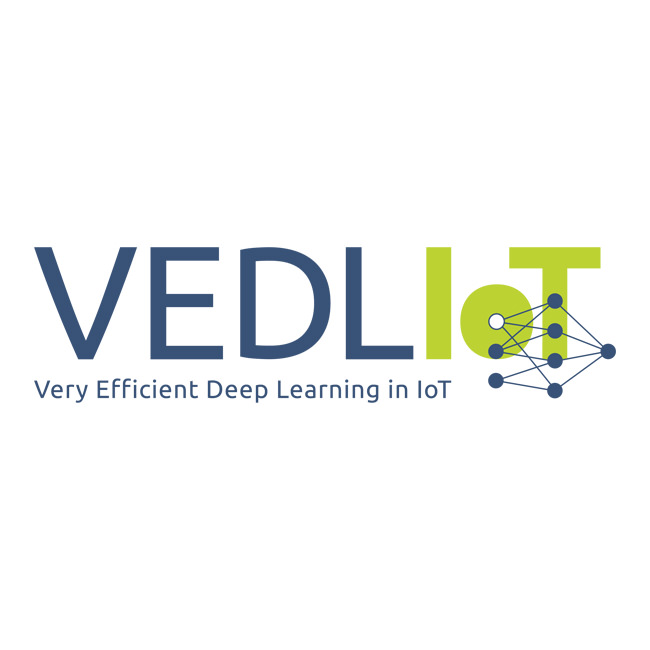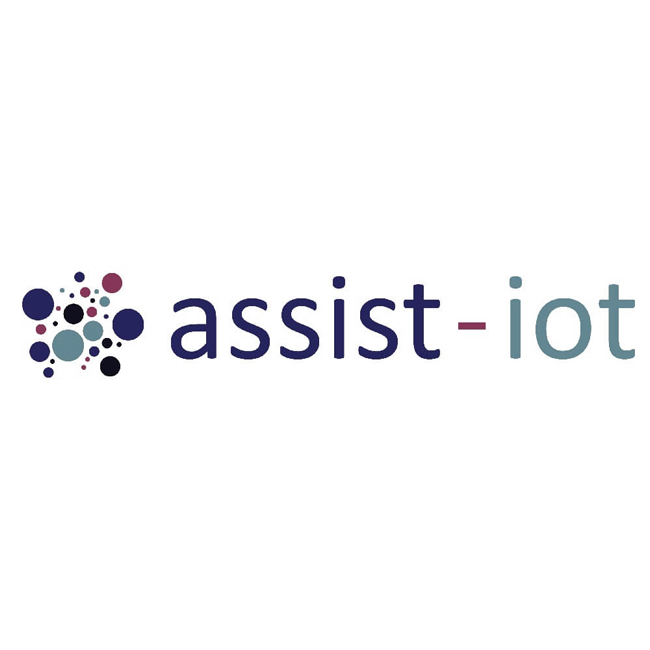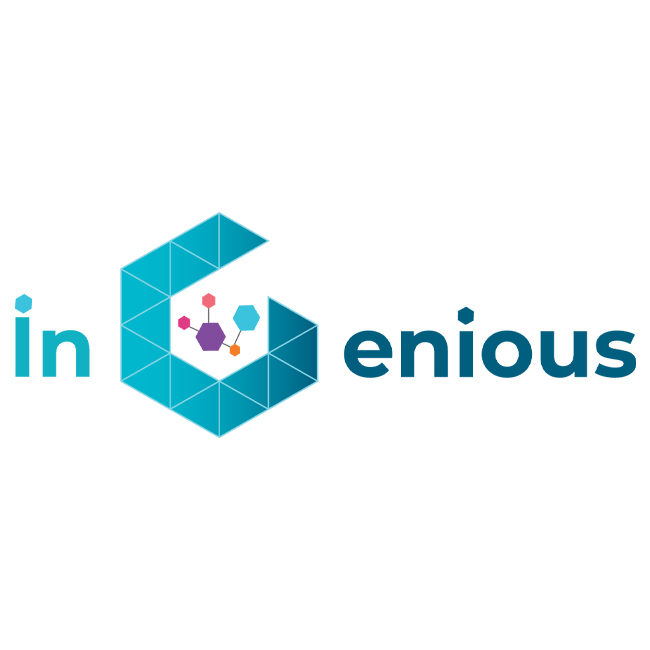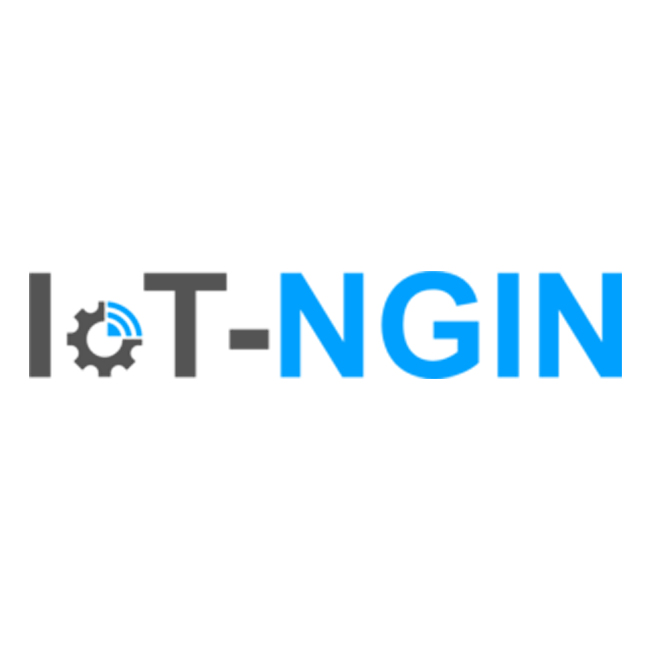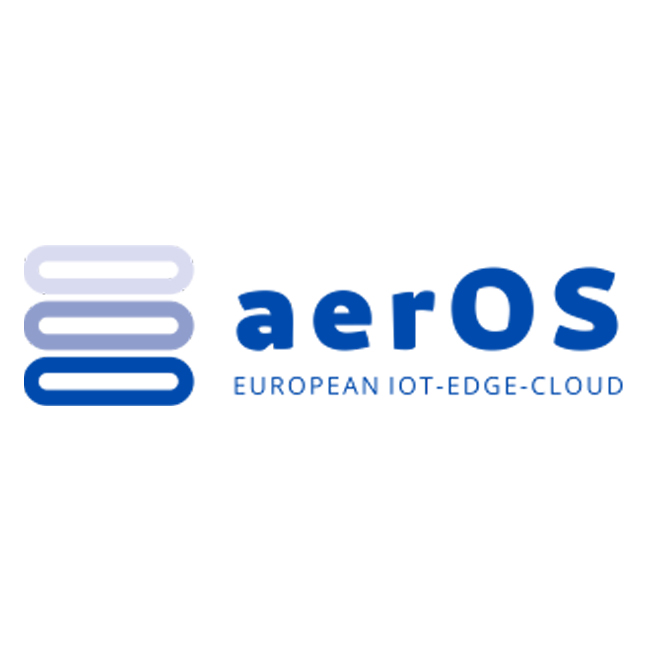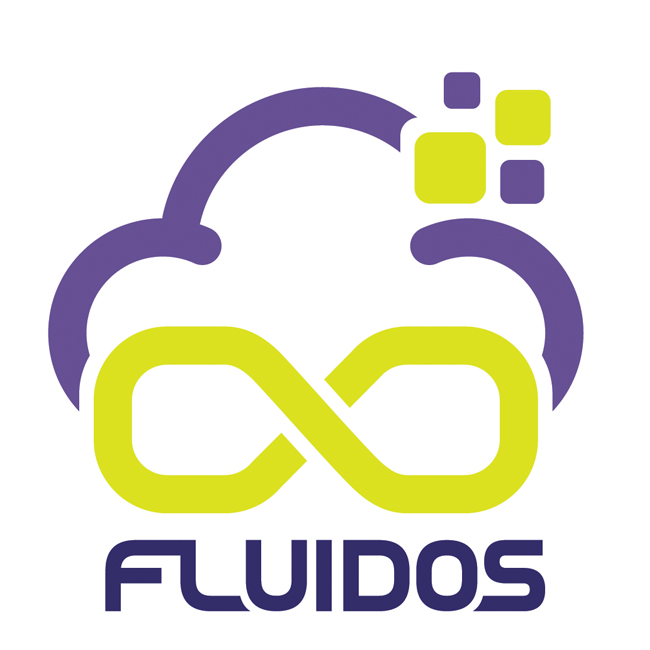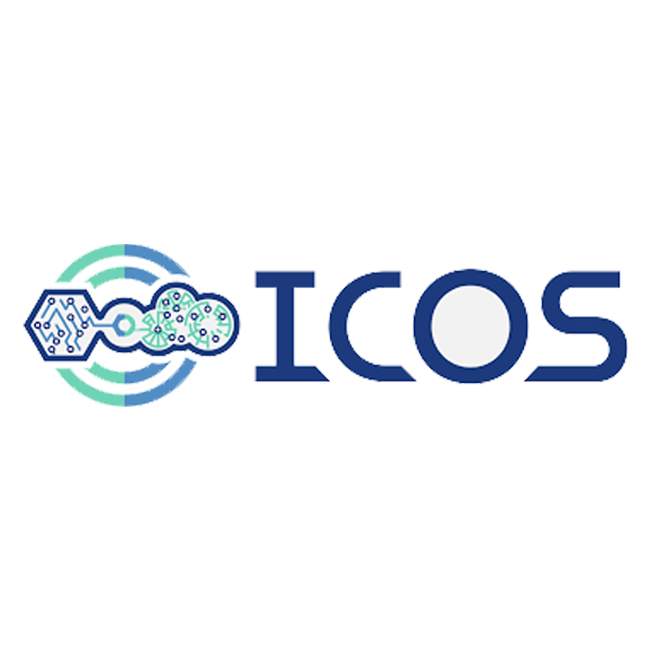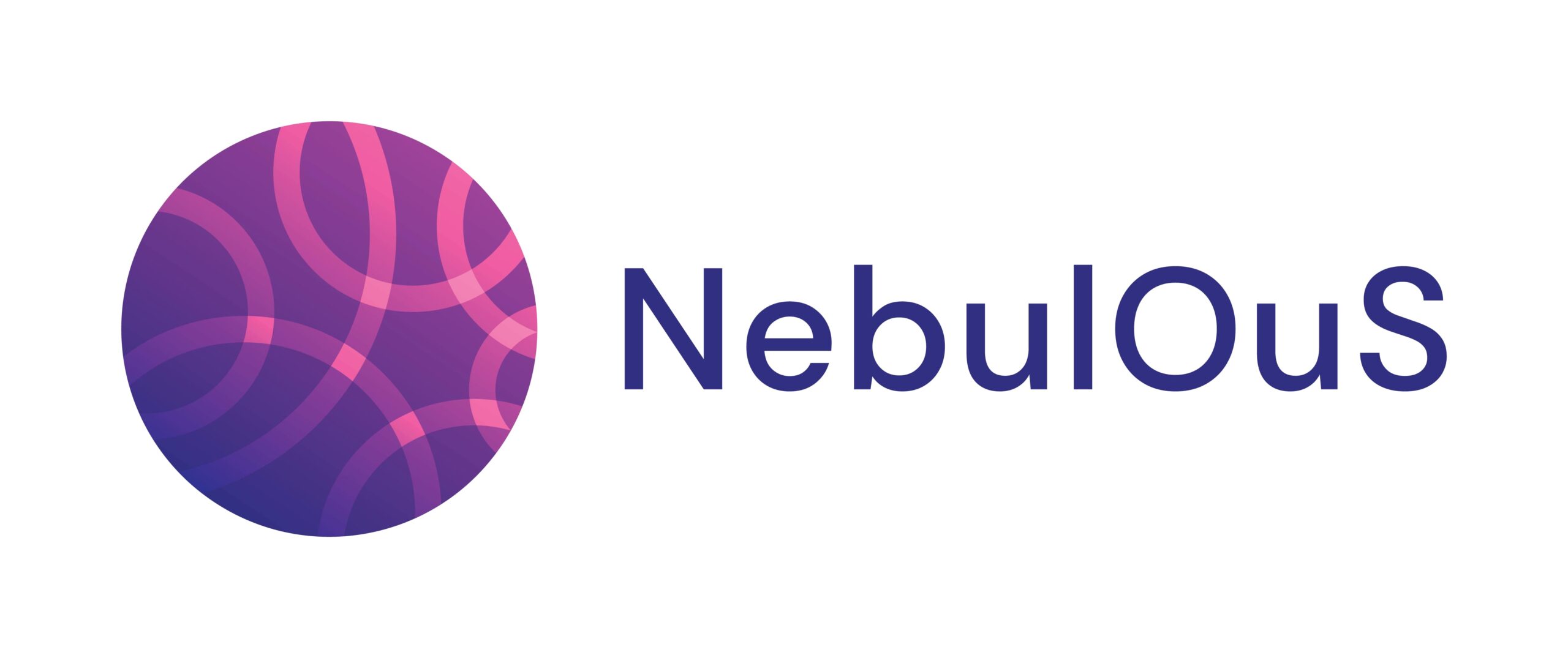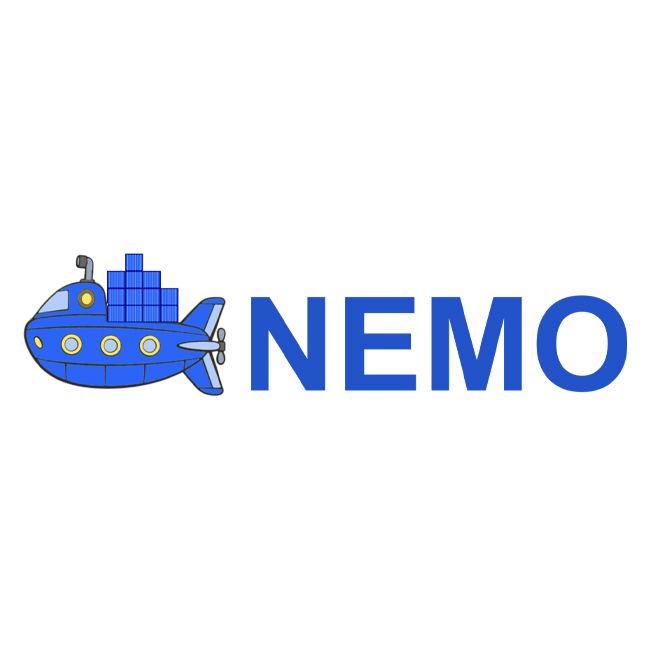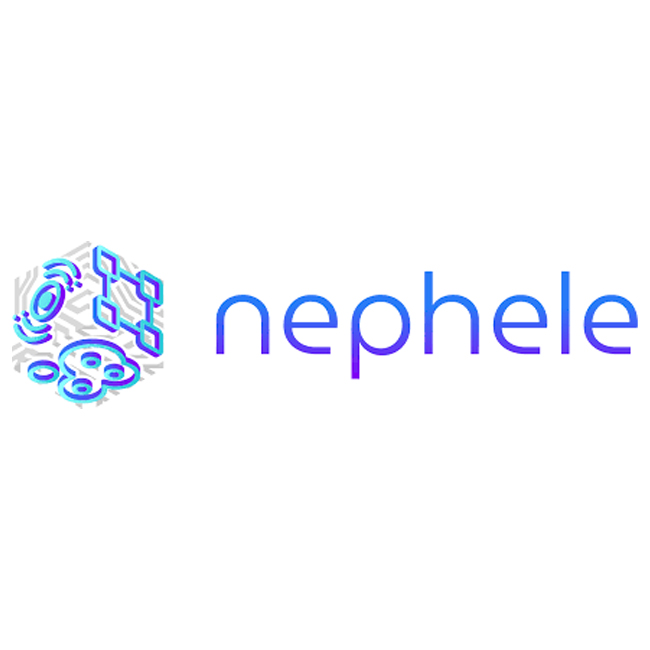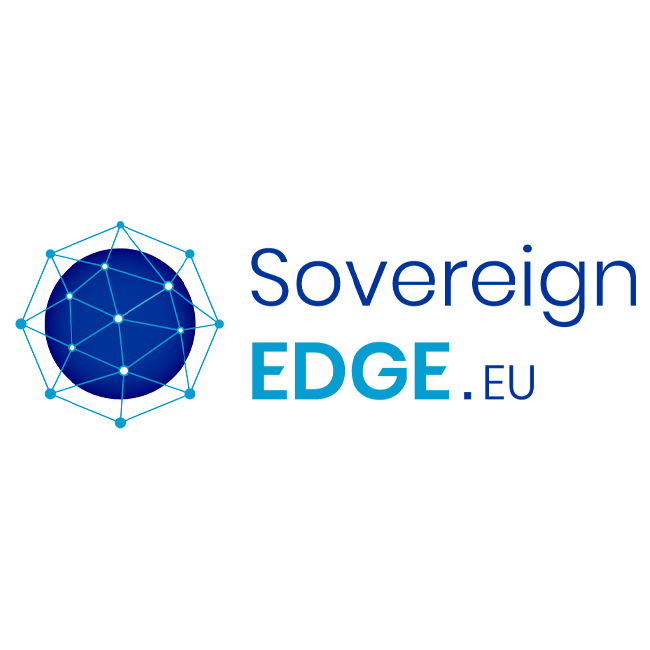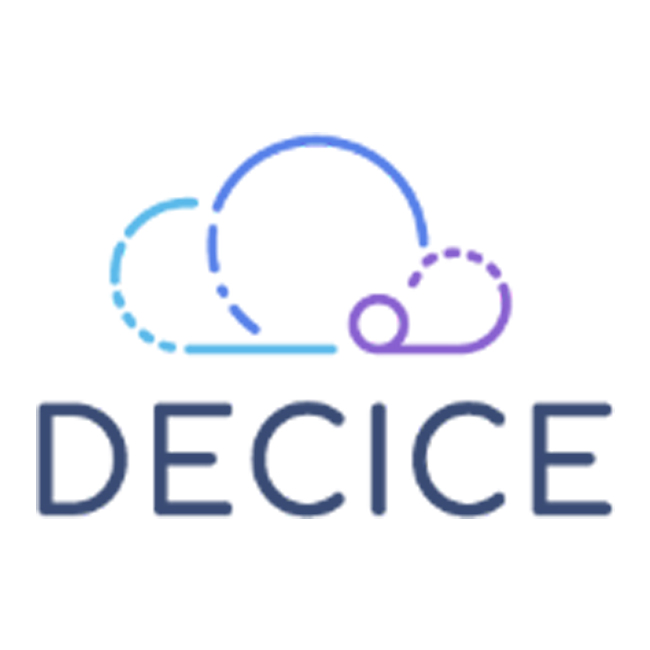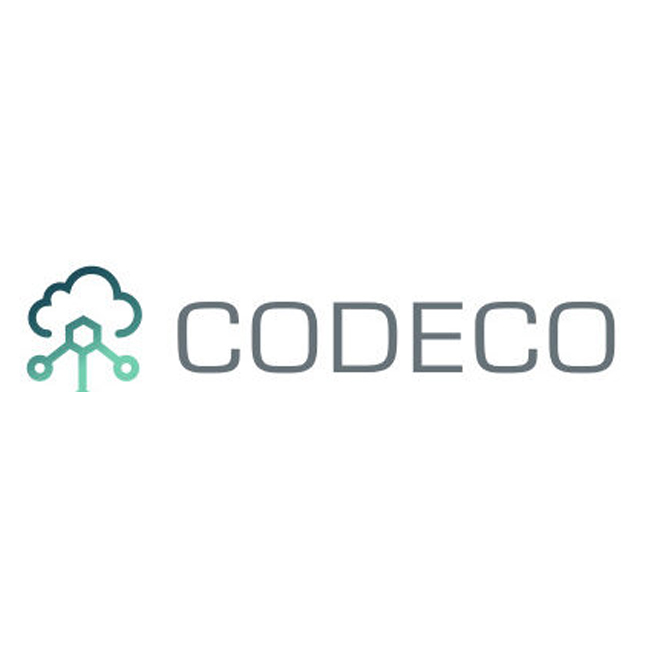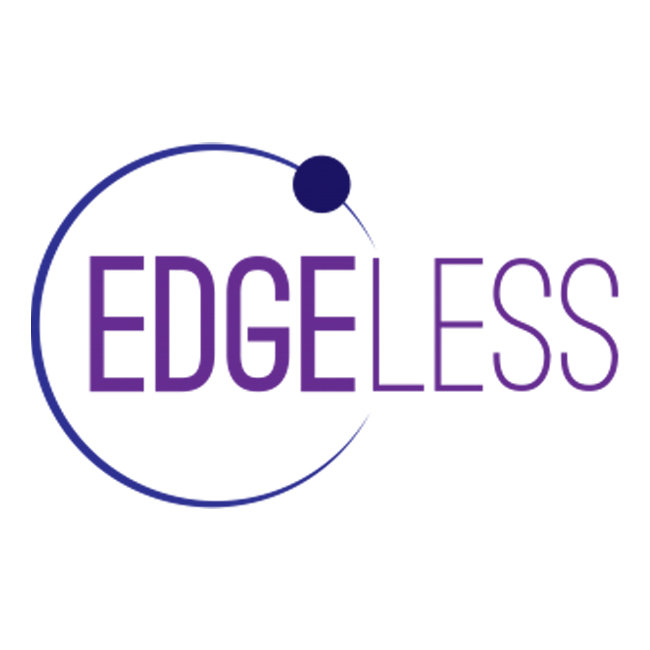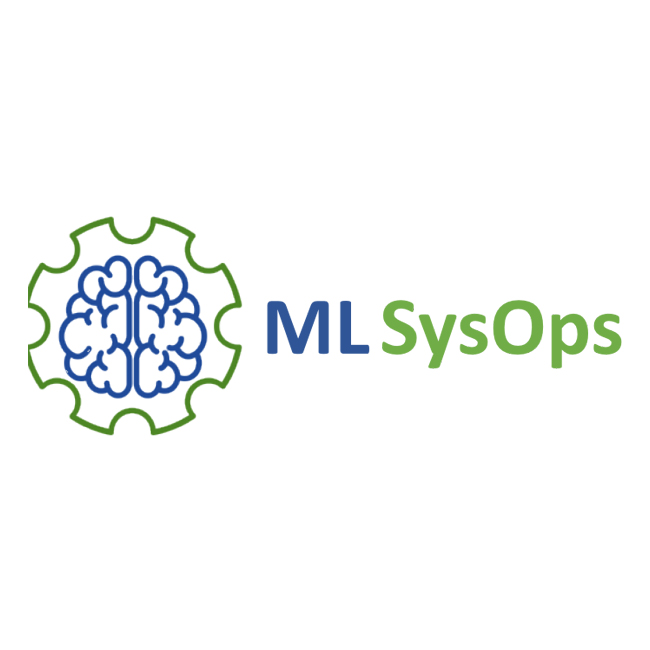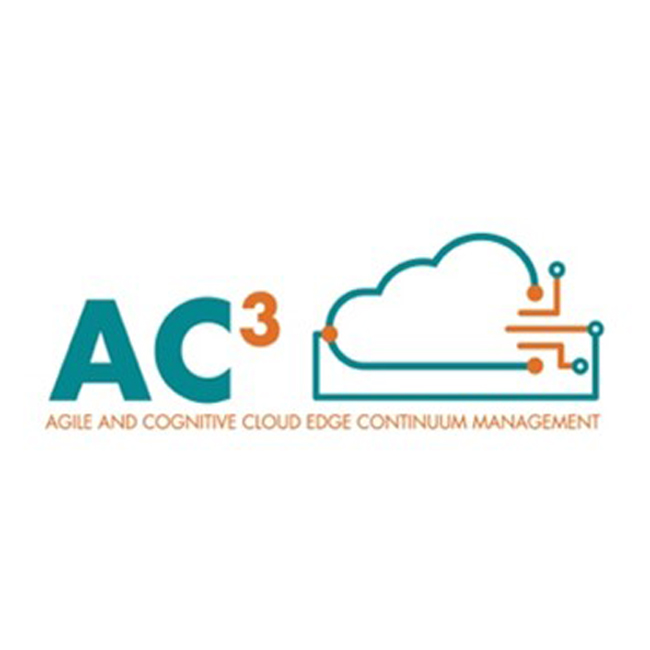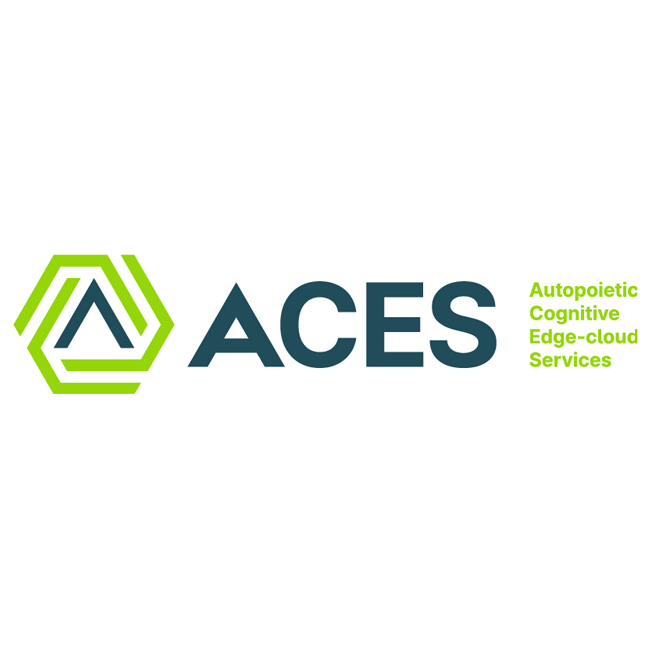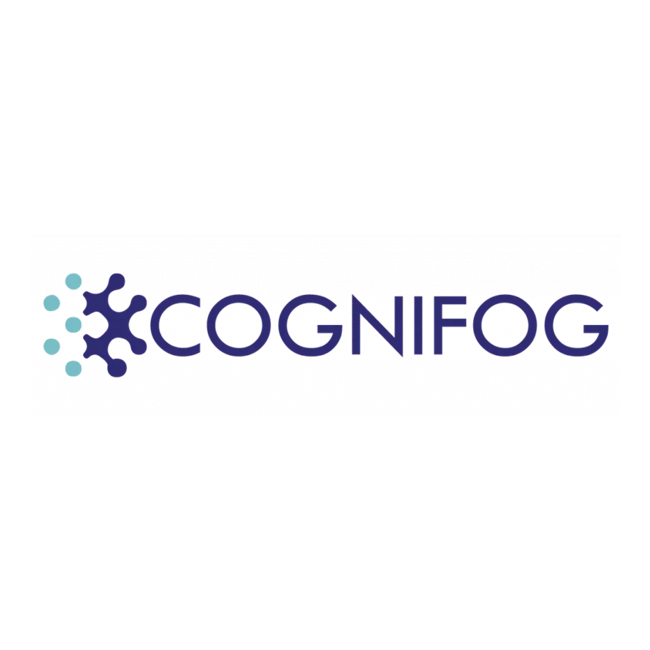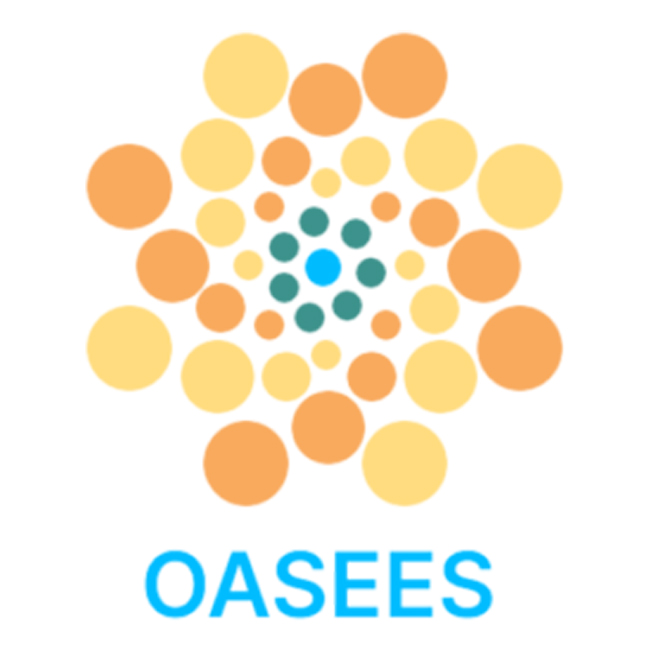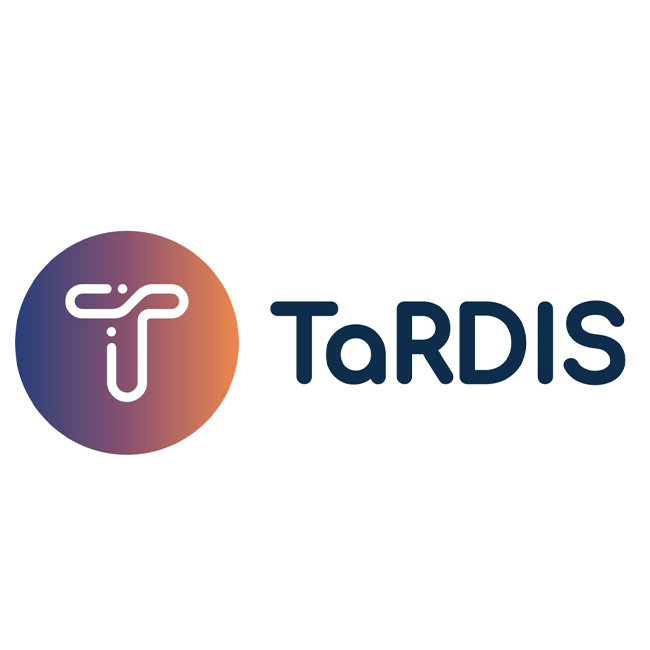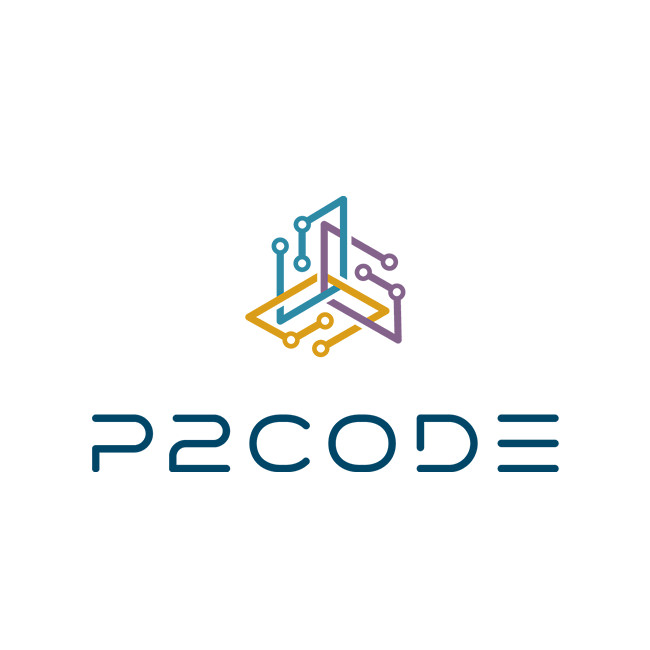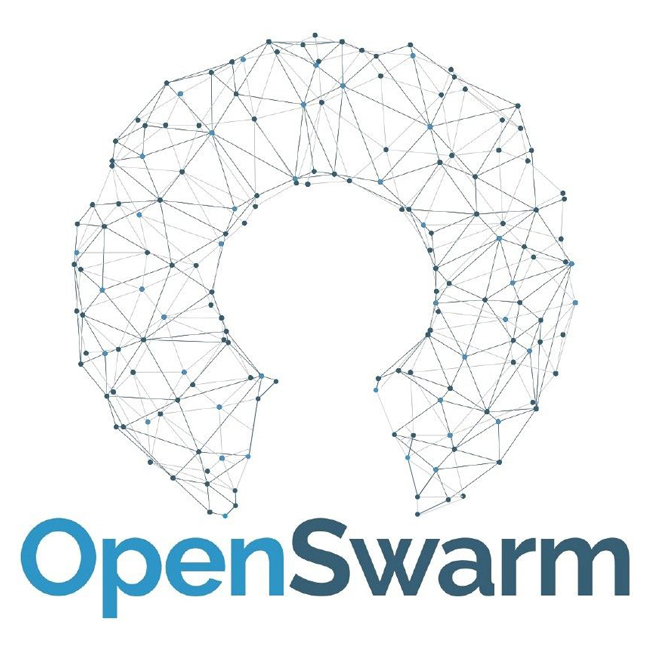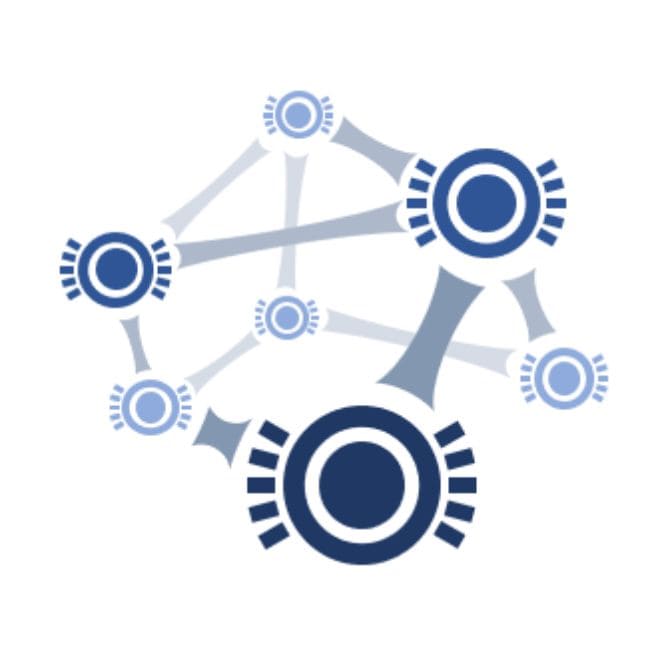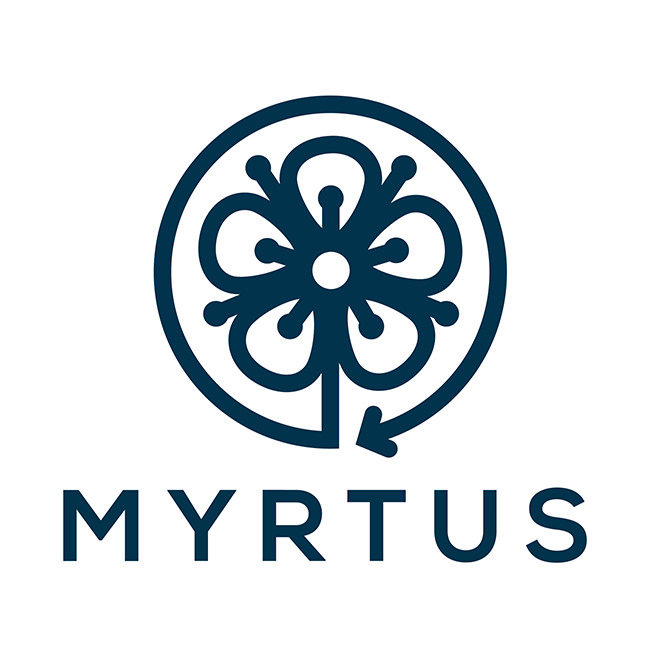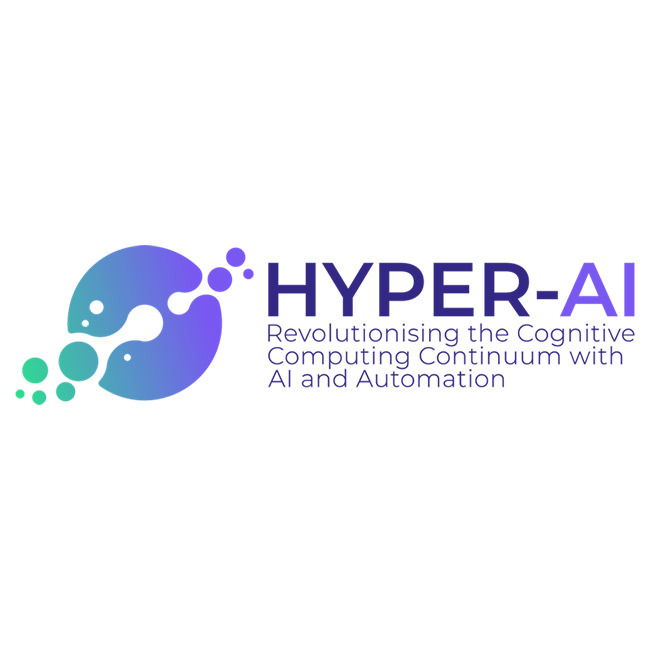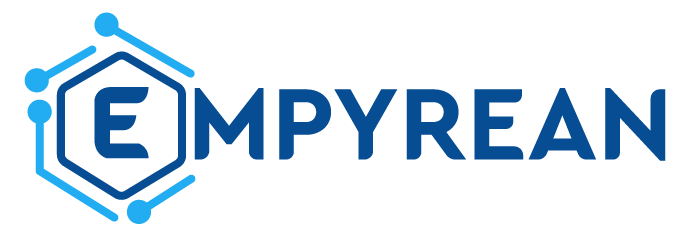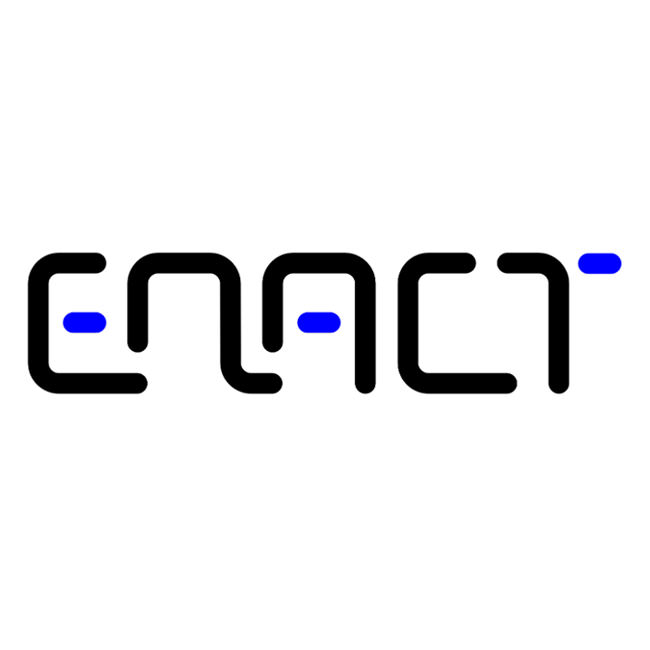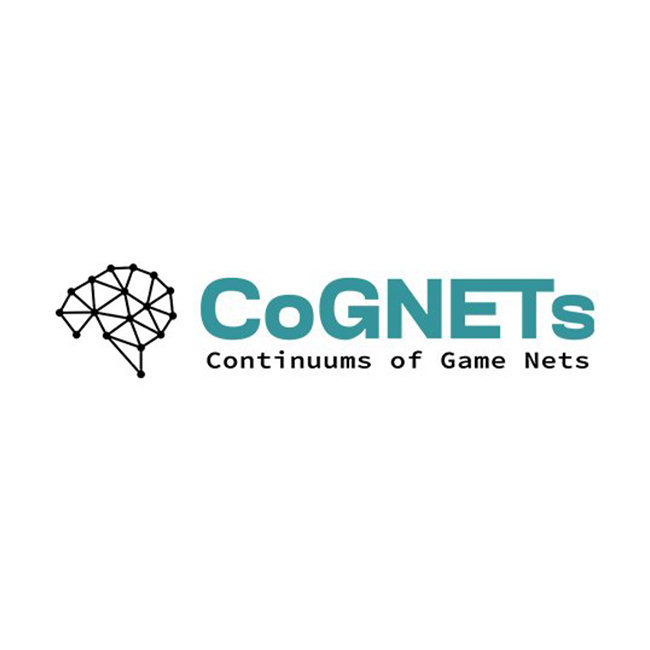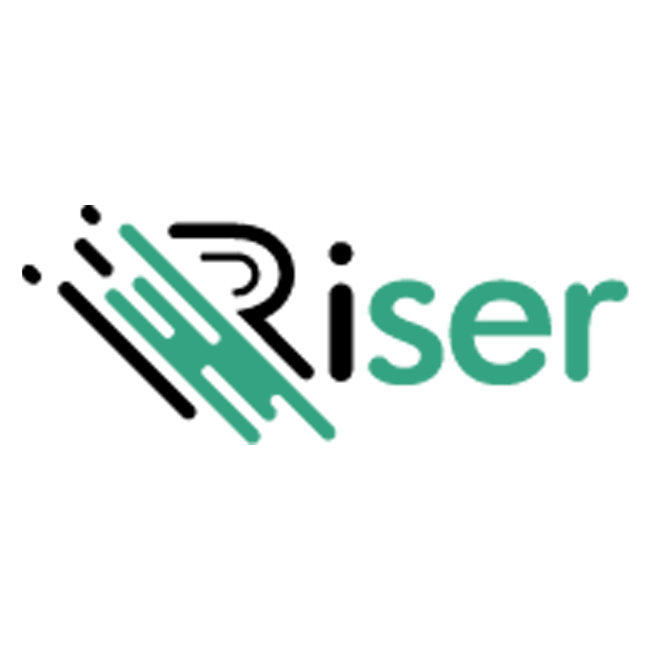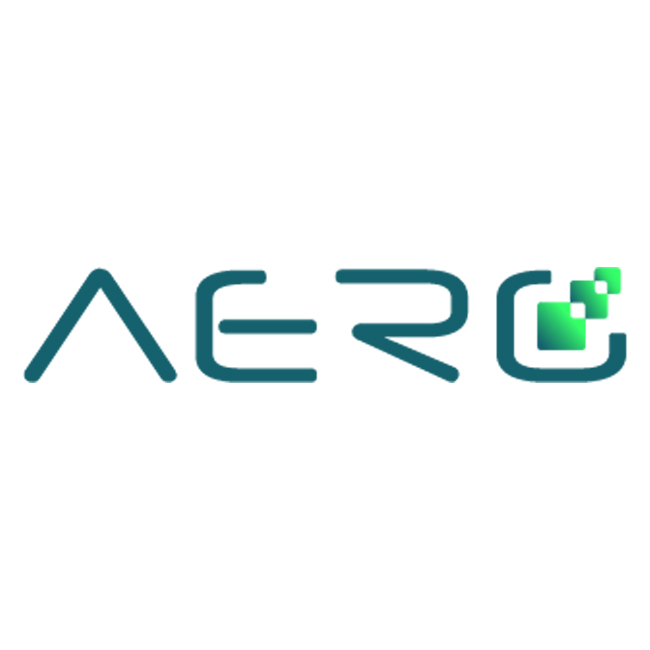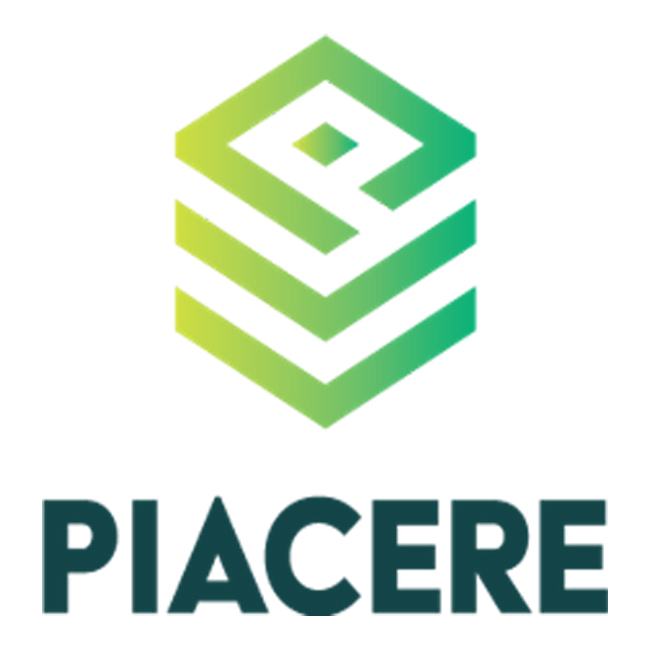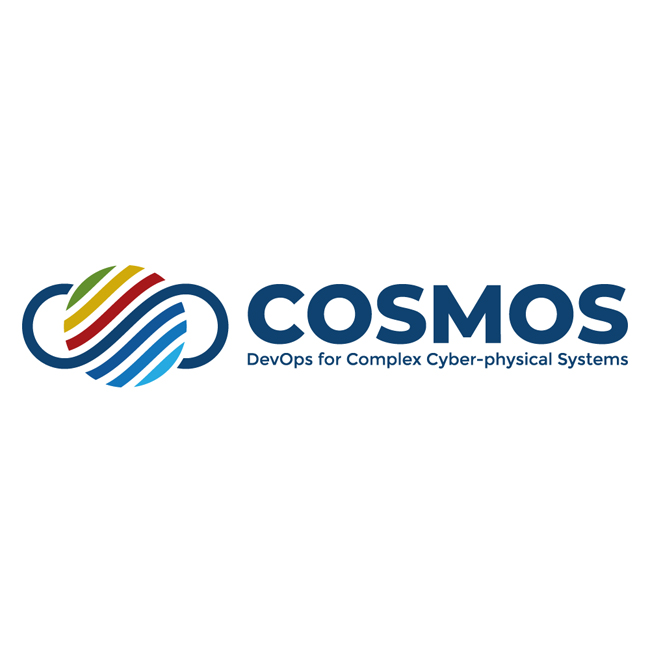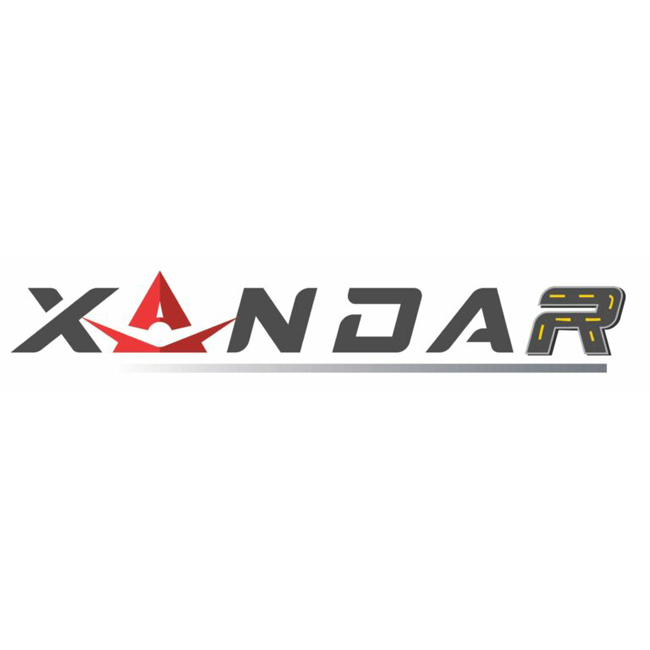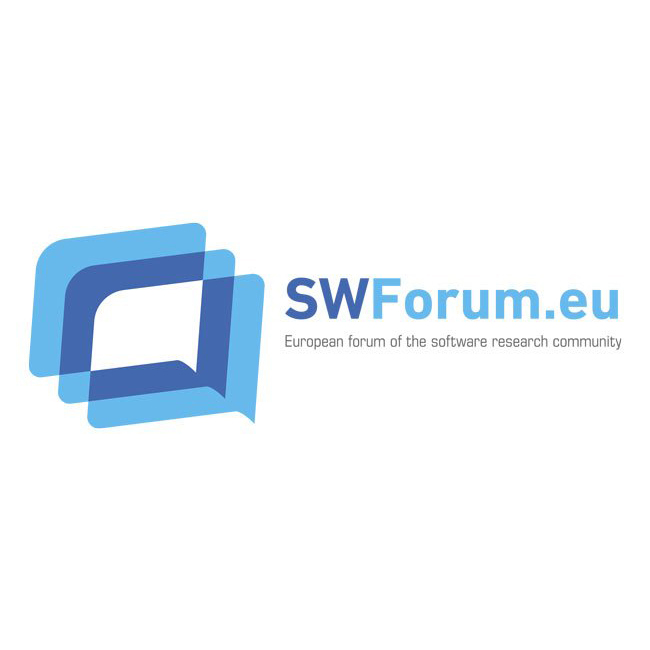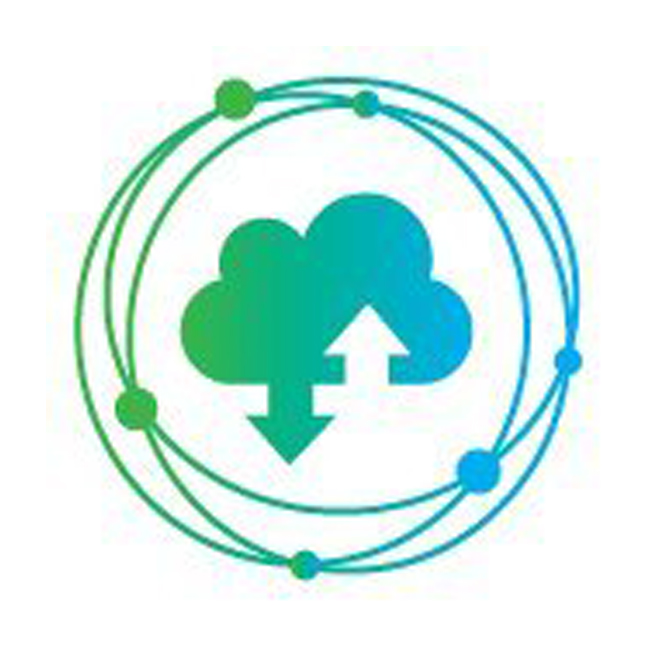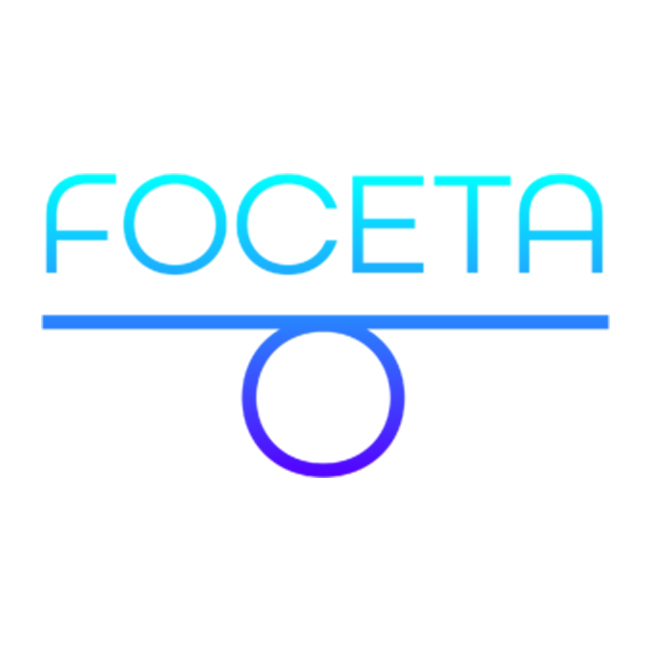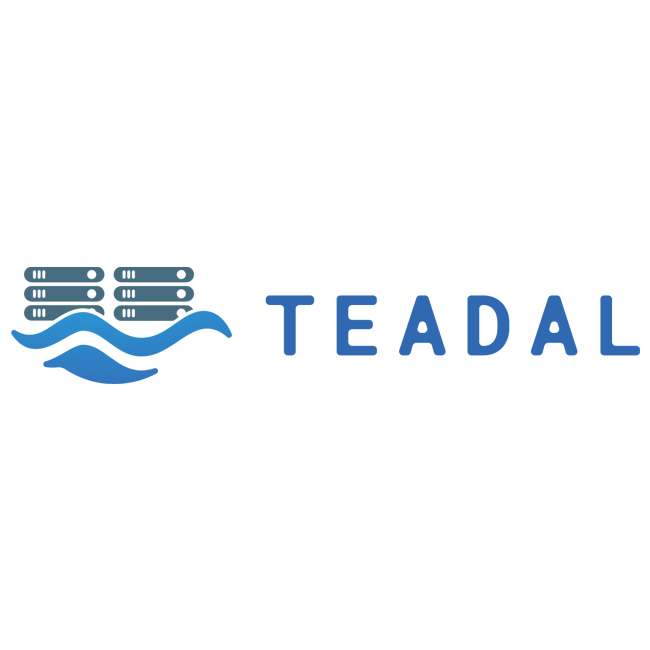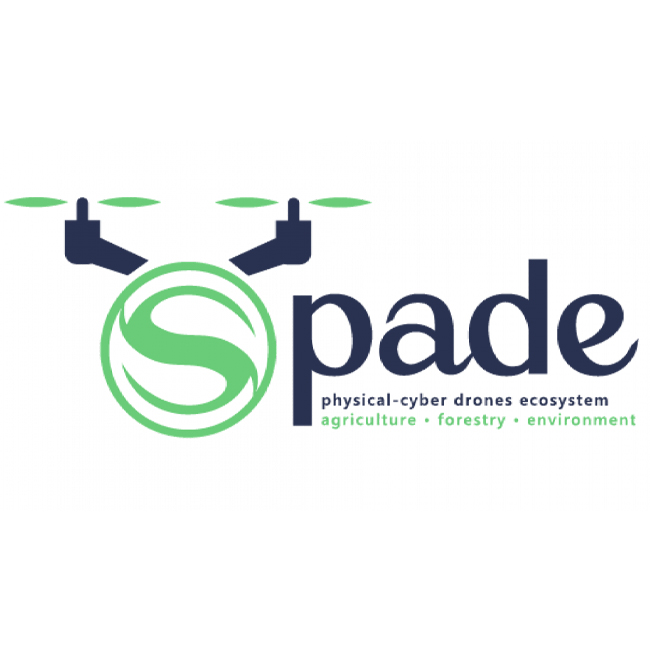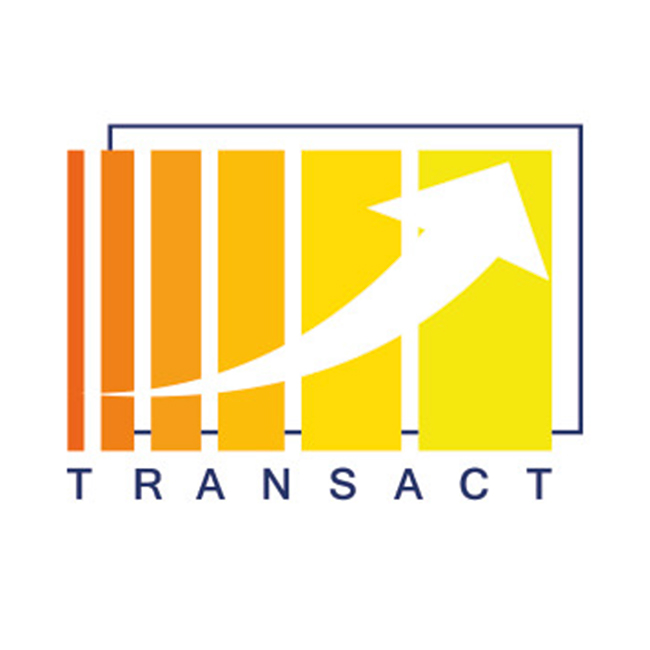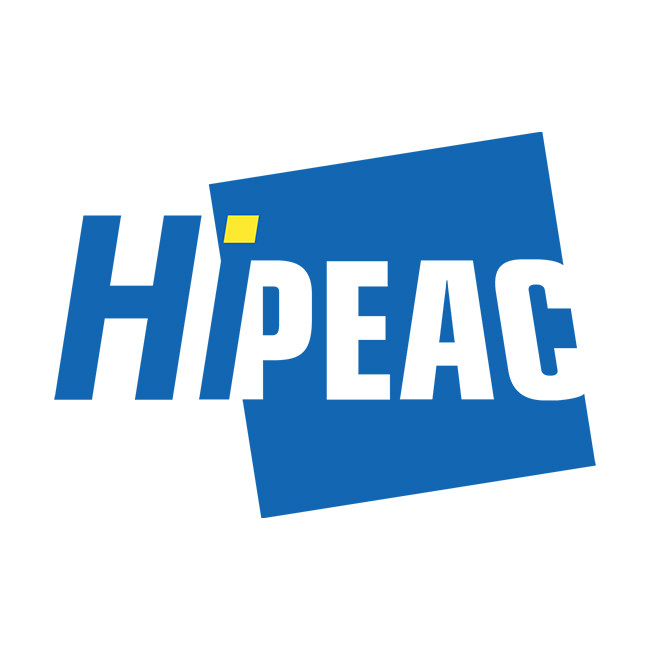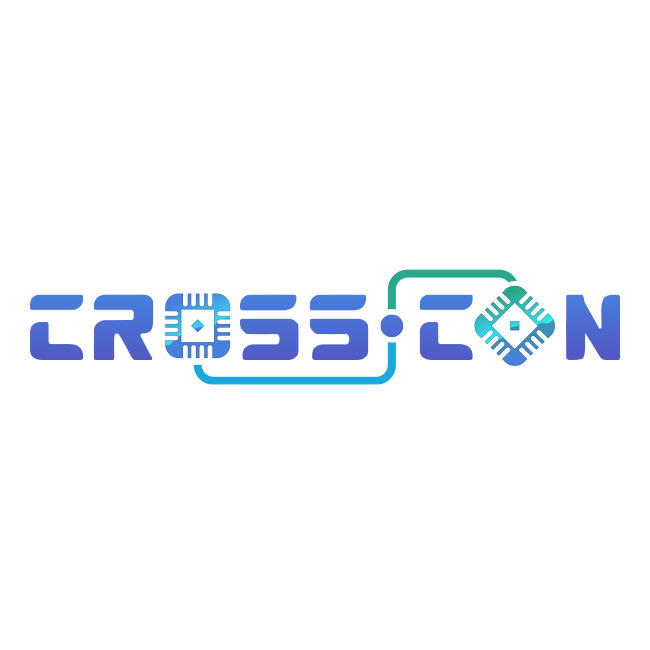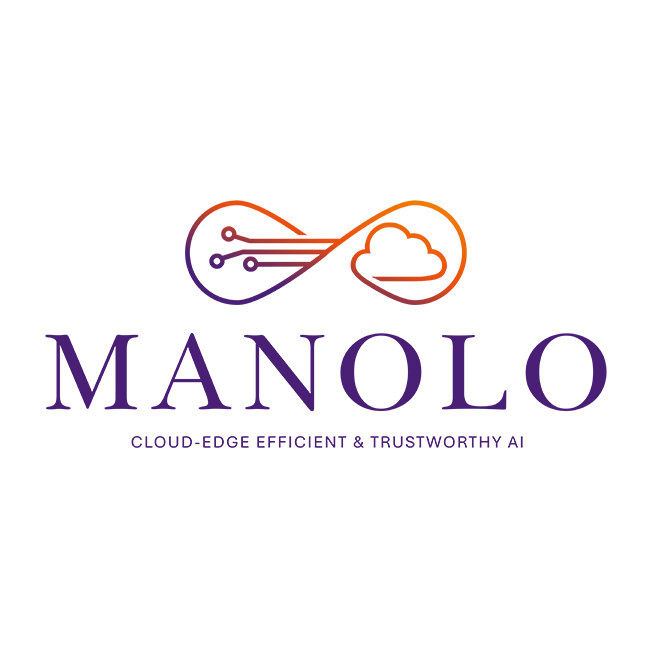Research and Innovation Projects
EUCloudEdgeIoT.eu coordinates a portfolio of projects in the CEI Computing Continuum to ensure consistent exploitation of these projects outcomes to help regain European competitiveness in core internet infrastructures.
Check the current members per different call:
AI-SPRINT defines a novel framework for the design and operation of AI applications in computing continua.
AI-SPRINT goes beyond supporting AI applications development by enabling the seamless design and partition of AI applications among the plethora of cloud-based solutions and AI-based sensor devices, providing security and privacy guarantees.
CHARITY aspires to leverage the benefits of intelligent, autonomous orchestration of cloud, edge, and network resources, to create a symbiotic relationship between low and high latency infrastructures that will facilitate the needs of emerging applications.
SERRANO’s overall ambition is to introduce a novel ecosystem of cloud-based technologies, spanning from specialized hardware resources up to software toolsets. This will enable application-specific service instantiation and optimal customizations based on the workloads to be processed, in a holistic manner, thus supporting highly demanding, dynamic and security-critical applications.
DataCloud delivers a toolbox of new languages, methods, infrastructures, and prototypes for discovering, simulating, deploying, and adapting Big Data pipelines on heterogeneous and untrusted resources. DataCloud separates the design from the run-time aspects of Big Data pipeline deployment, empowering domain experts to take an active part in their definitions.
PHYSICS is empowering European cloud service providers to leverage cutting-edge, scalable and cost-effective cloud models, such as function-as-a-service (FaaS) ones, operated across multiple hardware types, locations, edge computing nodes and multi-cloud resources. The project will apply a vertical solution consisting of a cloud design environment enabling the design of visual workflows and an optimised platform-level FaaS. A back-end optimisation toolkit should enable cloud service providers to enhance baseline resource performance, tackling issues such as cold-start problems, multitenant interference and data locality. The project’s outcomes will be validated in three applications – eHealth, agriculture and manufacturing.
IntellIoT is a Pan-European project focusing on developing integrated, distributed, human-centred and trustworthy IoT frameworks, applicable to agriculture, healthcare, manufacturing, energy, construction, and smart city. Enabling technologies such as 5G, cybersecurity, distributed technology, Augmented Reality and tactile internet, IntellIoT champions end-user trust, adequate security and privacy by design.
The vision of TERMINET is to provide a novel next generation reference architecture based on cutting-edge technologies such as SDN, multiple-access edge computing, and virtualisation for next generation IoT, while introducing new, intelligent IoT devices for low-latency, market-oriented use cases.
VEDLIoT – “Very Efficient Deep Learning in IoT” is an EU H2020 ICT-56-2020 funded research project running for 36 months, driven by challenging use cases in key sectors like automotive, automation, and smart home. The main objective of VEDLIoT is to develop the next generation of connected IoT devices utilising distributed deep learning. You can become part of the project by applying for an Open Call project! We expect to fund around ten research experiments incorporating additional use cases in the project utilising the developed technologies
Project Status
Complete (1 November 2020 – 31 January 2024)
Videos
Deliverables
Publications
ASSIST-IoT is a EU H2020 ICT-56-2020 funded research project which aims at design, implementation and validation of an open, decentralized reference architecture, associated enablers, services and tools, to assist human-centric applications in multiple verticals. ASSIST-IoT will design, implement and validate, in a realistic, measurable, and replicable way, a unified innovative multi-plane (semi-)autonomous decentralized edge-cloud reference architecture, supplemented by cross-cutting digital enablers. The architecture will support continuous integration and long-term sustainability of domain-agnostic, interoperable, self-* capable, intelligent, distributed, scalable, secure and trustworthy IoT ecosystems.
INGENIOUS aims to design and evaluate the Next-Generation IoT (NG-IoT) solution, with emphasis on 5G and the development of Edge and Cloud computing extensions for IoT, as well as providing smart networking and data management solutions with Artificial Intelligence and Machine Learning (AI/ML). The project embraces the 5G Infrastructure Association (5G IA) and Alliance for Internet of Things Innovation (AIOTI) vision for empowering smart manufacturing and smart mobility verticals.
IoT-NGIN introduces novel research and innovation concepts, acting as the “IoT Engine” which will fuel the Next Generation of IoT as a part of the European Next Generation Internet. IoT-NGIN uncovers a patterns based meta-architecture that encompasses evolving, legacy, and future IoT architectures.
Project Status
Complete (1 October 2020 – 30 September 2023)
Interview video
Deliverables
More
aerOS is a European research project (Horizon Europe CL4-2021-DATA-01-05) running for 3 years which aims at transparently utilising the resources on the edge-to-cloud computing continuum for enabling applications in an effective manner while incorporating multiple services. The overarching goal of aerOS is to design and build a virtualized, platform-agnostic meta operating system for the IoT edge-cloud continuum.
FLUIDOS (Flexible, scaLable, secUre, and decentralIseD Operating System) aims to leverage the enormous, unused processing capacity at the edge, scattered across heterogeneous edge devices that struggle to integrate with each other and to coherently form a seamless computing continuum.
ICOS will design, develop and validate a meta operating system for the continuum, by addressing: i) device volatility and heterogeneity, continuum infrastructure virtualization and diverse network connectivity; ii) optimized and scalable service execution and performance, as well as power consumption; iii) guaranteed trust, security and privacy, and; iv) reduction of integration costs and effective mitigation of cloud provider lock-in effects, – in a data driven system built upon the principles of openness, adaptability, data sharing and a future edge market scenario for services and data.
NebulOuS will develop a novel Meta Operating System and platform for enabling transient fog brokerage ecosystems that seamlessly exploit edge and fog nodes, in conjunction with multi-cloud resources, to cope with the requirements posed by low latency applications. NebulOuS will accomplish substantial research contributions in the realms of cloud and fog computing brokerage by introducing advanced methods and tools for enabling secure and optimal application provisioning and reconfiguration over the cloud computing continuum.
Introducing an open source, modular and cybersecure meta operating system, leveraging existing technologies and introducing novel concepts, methods, tools, testing and engagement campaigns.
Enable efficient, reliable and secure end-to-end orchestration of hyper-distributed applications over programmable infrastructure that spans across the compute Cloud-Edge-IoT continuum, removing existing openness and interoperability barriers in the convergence of IoT technologies against cloud and edge computing orchestration platforms, and introducing automation and decentralised intelligence mechanisms powered by 5G and distributed AI technologies.
Cognit will focus on a new distributed Function-as-a-Service (FaaS) paradigm for edge application management and smart orchestration, which will change how applications and services are deployed and executed in the cloud-edge continuum. Our AI-enabled adaptive serverless framework will provide applications with secure and portable access to a continuous data processing environment that abstracts the large-scale, geo-distributed, and low-latency capabilities provided by the cloud-edge continuum.
DECICE will study and develop an open and portable management framework for AI-based adaptive execution and optimization of applications in computing continuum. The portable framework is integrated into the Kubernetes ecosystem and validated with use-cases in smart traffic control, digital healthcare, and intelligent emergency response.
The overall aim of CODECO is to contribute to a smoother and more flexible support of services across the Edge-Cloud continuum via the creation of a novel, cognitive Edge-Cloud management framework. To achieve this aim, CODECO proposes a unique, smart, and cross-layer orchestration between the decentralised data flow, computation, and networking services, to address Edge-Cloud challenges derived from the rising Internet and IoT service decentralisation.
EDGELESS project aims to leverage the serverless concept in all the layers in the edge-cloud continuum to fully benefit from diverse and decentralised computational resources available on-demand close to where data are produced or consumed. In particular, we aim at realising an efficient and transparent horizontal pooling of the resources on edge nodes with constrained capabilities or specialised hardware, smoothly integrated with cloud resources, which is a giant leap forward compared to state-of-the-art vertical offloading solutions where the edge is a mere supplement of the cloud.
MLSysOps aims to design, implement and evaluate a complete AI-controlled framework for autonomic end-to-end system management across the full cloud-edge continuum. MLSysOps will employ a hierarchical agent-based AI architecture to interface with the underlying resource management and application deployment/orchestration mechanisms of the continuum. Energy efficiency and utilization of green energy, performance, low latency, efficient, and trusted tier-less storage, cross-layer orchestration including resource-constrained devices, resilience to imperfections of physical networks, trust, and security, are key elements of MLSysOps addressed using ML models.
AC3 offers a common and secure federated platform that manages data source, CECC resources, and application behaviour in a unified and harmonized manner to ensure the desired SLA and save energy consumption. Moreover, the AC3 platform can adapt to a different context and events happening in the network, such as lack of resources, data deluge, or mobility of data source, by managing (i.e. deploying or migrating) micro-services across CECC infrastructures. AC3 will leverage AI, ML, and semantic and context awareness algorithms to provide an efficient life cycle management system of services, data sources, and CECC resources for ensuring low response time and high data rate while saving energy consumption.
ACES aims to solve challenges for cloud services at the edge by infused autopoiesis and cognition on different levels of cloud management to empower with AI different functionalities such as: workload placement, service and resource management, data and policy management.
The Internet of Things (IoT) has brought new opportunities for increasing safety, automation, and cost and energy savings. However, these opportunities come with an increase in data generation, which is pushing network capacity to its limits. According to an estimation by IDC, the total amount of data generated by connected devices will exceed 40 trillion gigabytes by 2025. Analyzing data closer to where it is generated, rather than sending it to a data center, can reduce network load, save energy and costs, and satisfy the requirements of low-latency applications.
CLOUDSKIN aims to design a cognitive cloud continuum platform to fully exploit the available Cloud-edge heterogeneous resources, finding the “sweet spot” between the cloud and the edge, and smartly adapting to changes in application behavior via AI. To facilitate automatic deployment, mobility and security of services, CloudSkin will build an innovative universal container-like execution abstraction based on WebAssembly that allows the seamless and trustworthy execution of (legacy) applications across the Cloud-edge continuum.
The OASEES project will deliver a European, fully open-source, decentralized, and secure Swarm programmability framework for edge devices and leveraging various AI/ML accelerators (FPGAs, SNNs, Quantum) while supporting a privacy-preserving Object ID federation process.
TaRDIS addresses the ever-increasing complexities of developing correct and performant heterogeneous swarms – swarm systems that are heterogeneous, intelligent, dynamic, and decentralised – by providing a novel programming model, integrated development and analysis environment, and corresponding runtime support.
Innovating and creating a wide-open, secure and trusted IoT-to-edge- to-cloud compute continuum to realize the true potential of edge intelligence.
OpenSwarm aims to trigger the next revolution in these data-driven systems by developing true collaborative and distributed smart nodes, through groundbreaking R&I in three technological pillars: efficient networking and management of smart nodes, collaborative energy-aware Artificial Intelligence (AI), and energy-aware swarm programming.
SmartEdge aims to enable the dynamic integration of decentralised edge intelligence at runtime while ensuring reliability, security, privacy and scalability. We will achieve this by enabling a semantic-based interplay of the edge devices of such systems via a cross-layer toolchain that facilitates the seamless and real-time coverability and composability of autonomous intelligence swarms
INTEND aims at exploring the latest AI breakthroughs to bring the next-level human-like intelligence into the cognitive continuum, allowing the continuum to adapt, think and talk like human.
MYRTUS aims at unlocking the new living dimension of CPS, embracing the principles of the TransContinuum Initiative, integrating edge, fog and cloud computing platforms. MYRTUS leverages an AI-based cognitive engine to orchestrate collaborative distributed and decentralised components. Additionally, components must be augmented with interface contracts covering both functional and non-functional properties.
HYPER-AI overarching objective is the development of the required mid-tier and the necessary cloud-edge connectors that will enable the seamless integration of heterogeneous computing environments and the establishment of new-generation interoperable and adaptive hybrid computing
ecosystems exploiting cognitive clouds and edge intelligence beyond today’s limitations.
EMPYREAN will build collaborative collectives of computing and storage resources and deployed machines, namely Associations. An Association is a collection of IoT devices, multilayer edge resources and federated cloud platforms that dynamically and autonomously cooperate in a secure and trusted manner via a sophisticated coordination framework.
ENACT develops cutting-edge technologies to realise a Cognitive Computing Continuum (CCC) that can address the needs for optimal (edge and Cloud) resource management and dynamic scaling, elasticity, and portability of hyper-distributed data-intensive applications
CoGNETs aims to transform Intelligent Infrastructure Management with a scalable Middleware Framework for autonomous IoT-to-Cloud computing. Leveraging the expertise of a robust industrial and academic EU-Japan ecosystem, our project empowers devices to self-organise into dynamic swarm continuums for optimal data processing and service delivery.
By integrating decentralised broker architecture, game-intelligent agents, and end-to-end security, CoGNETs enhances cognitive resource utilisation in heterogeneous environments. Validated across manufacturing, mobility, and health sectors, CoGNETs will bolster economic resilience, support digital sovereignty, and advance industrial capabilities, paving the way for the next technological evolution.
Swarmchestrate introduces a novel, decentralized orchestration framework using dynamic Swarms. These self-organizing units combine intelligence, trust, and security through cutting-edge technologies like blockchain, self-sovereign identities, and cryptographic algorithms. Together, they enable scalable, efficient, and secure data processing across distributed infrastructures.
Building on top of outcomes from the EPI and EUPilot projects, RISER aims to develop the first all-European RISC-V cloud server infrastructure, significantly enhancing Europe’s open strategic autonomy. RISER will leverage and validate open hardware high-speed interfaces combined with a fully-featured operating system environment and runtime system, enabling the integration of low-power components, including the RISC-V processor chips from EPI and EUPilot and LPDDR4 memories, in a novel energy-efficient cloud architecture.
Vitamin-V will deploy a complete RISC-V hardware-software stack for cloud services based on cutting-edge cloud open-source technologies for RISC-V cores with a special focus on EPI cores. Vitamin-V incorporates an innovative RISC-V virtual execution environment providing hardware emulation, simulation, and FPGA prototyping to enable software development, verification, and validation before actual hardware is released. Vitamin-V also contributes to the porting of the complete cross-compiling toolchain, software stack, and essential application libraries for the forthcoming release of the RISC-V EPI processors.
AERO aims to upbring and optimize an open-source software ecosystem that encompasses a wide range of software components ranging from operating systems to compilers, runtimes, system software and auxiliary software deployment services for cloud computing.
This project proposes to design OpenCUBE, a full-stack solution of a validated European Cloud computing blueprint to be deployed on European hardware infrastructure. OpenCUBE will develop a custom cloud installation with the guarantee that an entirely European solution like SiPearl processors and Semidynamics RISC-V accelerators can be deployed reproducibly.
PIACERE aims to increase the productivity of DevOps teams in the development and operation of IaC through the provisioning of an integrated DevSecOps framework. DevOps teams can program IaC as if they were programming any software application.
COSMOS is designing and developing novel DevOps methodologies, techniques, and tools that will enable effective, continuous development and evolution of cyber-physical systems.
XANDAR will deliver a mature SW toolchain (from requirements capture down to the actual code integration on target including V&V) fulfilling the needs of the industry for rapid prototyping of interoperable and autonomous ES. Starting from a model-based system architecture, XANDAR will leverage novel automatic model synthesis and software parallelization techniques to achieve specific non-functional requirements setting the foundation for a novel real-time, safety-, and security- by-Construction (X-by-Construction) paradigm. For the first time, XbC-guided code generation for non-deterministic ML/AI applications will be combined with novel runtime monitors to ensure fail-operation in the presence of runtime faults and security exploitations.
DevOps helps increase an organisation’s ability to deliver applications and services at high velocity. It aims to shorten the systems development life cycle and provide continuous delivery with high-quality software. Current systems development practices are increasingly based on off-the-shelf and legacy components, which make such systems prone to security vulnerabilities.
The online discussion platform is an essential element of the Living Forum, providing a space for researchers, industry representatives, and end users to share their content.
Discrete GaN power electronic devices have penetrated the consumer market and first products have amply demonstrated a disruptive improvement of the performance and reduction of the form factor. With demonstrated robustness for heavy ion radiation and neutron radiation, p-GaN enhancement mode HEMTs allow disruptive innovative designs for space applications.
The underlying targeted scientific breakthrough of FOCETA lies in the convergence of model-driven and data-driven approaches. This convergence is further complicated by the need to apply verification and validation incrementally and avoid complete re-verification and re-validation efforts.
TEADAL is an Horizon Europe Research and Innovation Action that aims to provide key cornerstone technologies to create stretched data lakes spanning the cloud-edge continuum and multi-cloud, providing privacy, confidentiality, and energy-efficient data management. The TEADAL data lake technologies will enable trusted, verifiable and energy efficient data flows, both in a stretched data lake and across a trustworthy mediatorless federation of them, based on a shared approach for defining, enforcing, and tracking privacy/confidentiality requirements balanced with the need for energy reduction.
Spade wain to develop an intelligent ecosystem to address the multiple purposes concept in the light of deploying unmanned aerial vehicles to promote sustainable digital services for the benefit of a large scope of end users in sectors of crop production, forestry, and livestock.
TRUSTEE will focus on how to support ISS for research and space missions, based on a series of detailed scenarios developed in the early phase of the project. Through these we will identify the technical and non-technical requirements, as well as the structure of the tests executed to check functionality and user acceptance.
The overarching goal of the TRANSACT project is to develop a universal, distributed solution architecture for the transformation of safety-critical cyber-physical systems, from localised standalone systems into safe and secure distributed solutions leveraging edge and cloud computing. TRANSACT is a KDT Joint Undertaking involving 29 partners from 9 countries.
Spanning the compute continuum from edge to cloud, HiPEAC (High Performance, Edge And Cloud computing) is a network of over 2,000 world-class computing systems researchers, industry representatives and students. First established in 2004, the project is now in its seventh edition. HiPEAC7 focuses on networking and roadmapping activities: bringing the computing community together in Europe, exchanging ideas, building thriving European value chains and exploring the long-term vision for computing systems.
CROSSCON aims to address secure Chain of Trust (CoT) issues by designing a new open, modular, highly portable, and vendor-independent IoT security stack that can run on a wide range of devices. Furthermore, as IoT devices may use heterogeneous hardware architectures, CROSSCON is also enhancing the traditional trusted services offered by existing Trusted Execution Environments (TEEs).
MobiSpaces develops effective data governance solutions to exploit the huge data volumes produced in secure and trustworthy digital infrastructures to enable data sharing, reuse and interoperability using standardised protocols across different organisations and stakeholders.
The EMERALDS project aims to revolutionise urban mobility through Mobility Analytics as a Service (MAaaS) using edge computing, enhancing decision-making, improving efficiency, and ensuring data privacy.
The overall vision of MANOLO is to deliver a complete and trustworthy stack of algorithms and tools to help AI systems reach better efficiency and seamless optimization in their operations, resources and data required to train, deploy and run high-quality and lighter AI models in both centralised and cloud-edge distributed environments.

